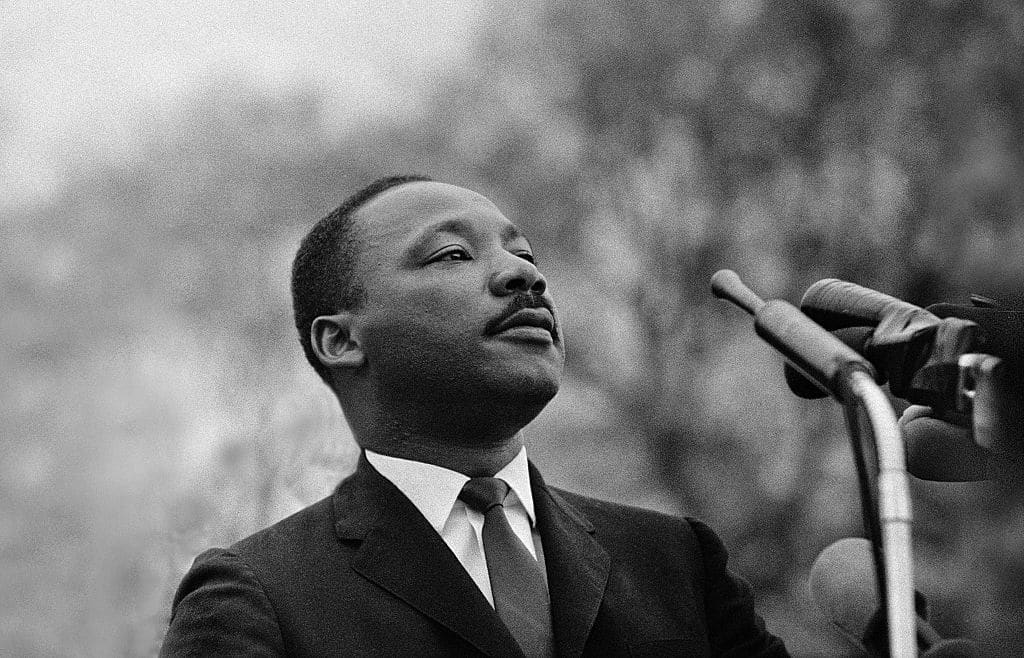Martin Luther King Jr. was a prominent figure in the American civil rights movement and an iconic leader in the fight for racial equality. Born on January 15, 1929, in Atlanta, Georgia, King grew up in a time of deep-rooted racial segregation and discrimination in the United States.
King was influenced by his upbringing as the son of a Baptist preacher and his experiences with racial prejudice in the South. He pursued his education with fervor, earning a Bachelor of Arts degree in sociology from Morehouse College in Atlanta in 1948. He went on to complete further studies at Crozer Theological Seminary in Pennsylvania and Boston University, eventually earning a Ph.D. in systematic theology in 1955.
King became actively involved in the civil rights movement in Montgomery, Alabama, where he served as the president of the Montgomery Improvement Association. He gained national recognition for his role in the Montgomery bus boycott, a pivotal event in the civil rights movement that led to the desegregation of public transportation in the city.
Throughout his career, King advocated for nonviolent resistance and civil disobedience as tools for social change. He believed in the power of love and forgiveness to overcome hatred and injustice, and he consistently encouraged others to resist oppression through peaceful means.
In 1963, King delivered his famous “I Have a Dream” speech at the March on Washington for Jobs and Freedom, a defining moment in the civil rights movement that captured the hearts and minds of millions around the world. The speech called for an end to racial segregation and discrimination and called for equality and justice for all.
King’s commitment to nonviolent protest and his dedication to the cause of civil rights made him a target of violence and intimidation. He was arrested numerous times, and his home was bombed in 1956. Despite these challenges, King remained steadfast in his commitment to equality and justice for all.
Tragically, King’s life was cut short on April 4, 1968, when he was assassinated in Memphis, Tennessee, at the age of 39. His death was met with an outpouring of grief and outrage, but his legacy lived on in the hearts and minds of millions of people around the world.
Martin Luther King Jr. was a fearless leader who dedicated his life to the fight for racial equality and justice. His unwavering commitment to nonviolence, his powerful speeches, and his legacy of love and forgiveness continue to inspire people to this day. As we commemorate his life and legacy, let us remember the lessons he taught us about the power of courage, compassion, and unity in the face of adversity.
